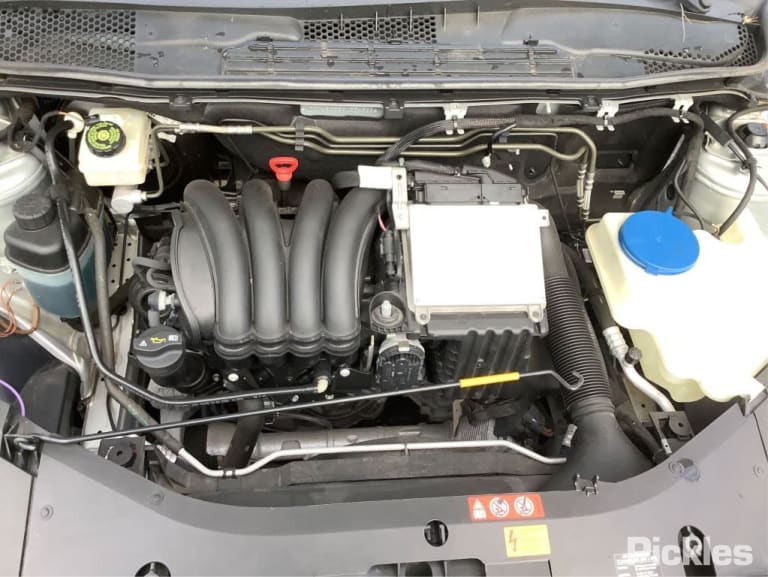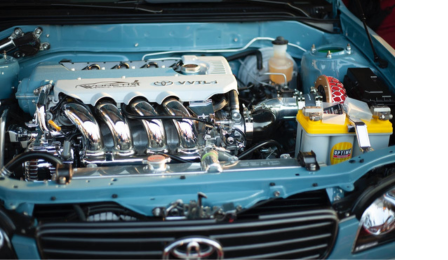Why Used Engines for Sale Are a Smart Option for Your Following Automobile Repair Work
Why Used Engines for Sale Are a Smart Option for Your Following Automobile Repair Work
Blog Article
Vital Factors To Consider for Making Certain Top Quality and Durability in Made Use Of Engines
When thinking about the acquisition of a used engine, ensuring its high quality and long life requires a complex approach. Maintenance history is a pivotal aspect, as it gives understanding right into the engine's previous treatment and potential future integrity. Efficiency screening is also crucial, offering a photo of the engine's functional effectiveness.
Engine History Analysis
In the world of made use of engines, a thorough engine history assessment is vital to making sure quality and integrity. Recognizing an engine's past can give essential insights right into its performance capacities and potential future longevity. A precise background testimonial encompasses a number of key elements that play a significant duty in assessing an engine's condition. Firstly, upkeep documents are essential. Regular upkeep, including oil changes, filter substitutes, and set up tune-ups, show that the engine has actually been well-cared-for, reducing the chance of unanticipated failures.
Additionally, evaluating any history of repair work or replacements is important. Engines that have actually undergone significant repairs might have underlying problems that can resurface. Understanding the context of such repair work, whether as a result of manufacturing problems or owner carelessness, is crucial in developing a detailed analysis. Moreover, checking out the engine's gas mileage can function as a sign of deterioration. Reduced mileage engines are normally better, however it is likewise essential to think about just how those miles were gathered. An engine used mostly for long-distance freeway driving might remain in much better problem than one subjected to regular stop-and-go city website traffic.
Essentially, an extensive investigation into an engine's history is necessary for making educated buying decisions. used engines for sale.
Comprehensive Evaluation Guide
While recognizing an engine's background offers valuable context, a detailed inspection is the next action to ensure its existing condition straightens with historic information. The assessment must start with a visual assessment, looking for indications of leaks, deterioration, and unusual wear. Inspect the exterior for oil spots or coolant marks, which may show underlying problems.
Following, assess the engine's mounting system for any type of loosened bolts or abnormalities that could affect performance. Pay attention to the condition of belts and pipes, as these elements are vital for optimal engine functionality. Analyze for cracks, fraying, or any type of indications of deterioration.

Recognizing Deterioration
Acknowledging indications of damage is critical for assessing a used engine's longevity and dependability. It includes a precise assessment of various engine elements to identify their existing state and prospective future performance. Common indicators consist of visible deterioration, which can impact steel parts and endanger architectural integrity. Corrosion on or around the engine block, cyndrical tube heads, and exhaust manifolds is especially concerning.
One more crucial facet is examining the engine's seals and gaskets. These parts are important for keeping appropriate stress and avoiding liquid leaks. Evidence of oil leaks or worn gaskets usually suggests damage, potentially bring about extra severe problems otherwise addressed immediately. In addition, irregular sounds during engine operation, such as knocking or ticking noises, might indicate inner damages or excessive wear on moving parts like pistons or bearings.
The problem of belts and tubes additional info is equally essential, as they play an essential function in the engine's general feature. Split my review here or torn belts and weak tubes are signs of maturing that might lead to engine failing if neglected. Lastly, taking a look at the oil problem and filter can give insights into previous upkeep techniques, as unclean oil or clogged up filters recommend overlook and increased wear.
Efficiency Screening Essentials
Reviewing the deterioration of engine components establishes the phase for an extensive evaluation via efficiency screening. Performance testing serves as a critical step in identifying the functional stability of a used engine. By simulating real-world conditions, it analyzes the engine's capability to supply power efficiently and dependably. Trick metrics consist of horse power, torque, fuel performance, and emissions levels. This data gives important understandings into the engine's existing performance and helps identify possible concerns that may not be immediately visible.
Using dynamometers is a common technique in performance screening. These devices gauge the engine's output throughout numerous problems, using a detailed account of its functionality. In addition, on-road screening complements dynamometer analyses by observing engine habits under normal driving circumstances, ensuring it satisfies the called for standards for both security and efficiency.
Advanced diagnostic tools even more improve the capacity to determine underlying problems. These devices evaluate engine monitoring systems, recognizing faults in digital components that can impact performance. Comprehensive testing not just verifies the engine's functional status yet also help in projecting future maintenance needs. This makes sure the utilized engine can provide reliable efficiency over an extensive duration, hence optimizing its worth and life span.
Upkeep and Care Tips
Proper upkeep and treatment are vital to lengthening the life-span of an utilized engine and ensuring its regular performance. Normal oil modifications are critical; utilizing the producer's recommended oil kind and grade can prevent too much wear and tear. Furthermore, oil filters ought to be replaced simultaneously to preserve optimal lubrication and cleanliness within the engine.
Keeping track of fluid levels, including coolant, transmission fluid, and brake liquid, is important. Making sure these liquids are at suitable degrees aids prevent getting too hot and other mechanical issues. Inspecting belts i thought about this and tubes for indications of wear, such as splits or fraying, can prevent prospective failures that might result in costly repair services.
Routine examination of the air filter is likewise necessary, as a tidy filter guarantees reliable air flow and combustion, consequently optimizing engine efficiency. Ignition system need to be inspected and replaced when needed to keep effective gas burning and avoid engine misfires.
Lastly, routine analysis checks utilizing professional tools can identify prospective concerns prior to they become considerable problems. By adhering to these maintenance and treatment pointers, used engine owners can ensure their engines stay dependable, effective, and with the ability of performing well over a prolonged duration.
Verdict

Report this page